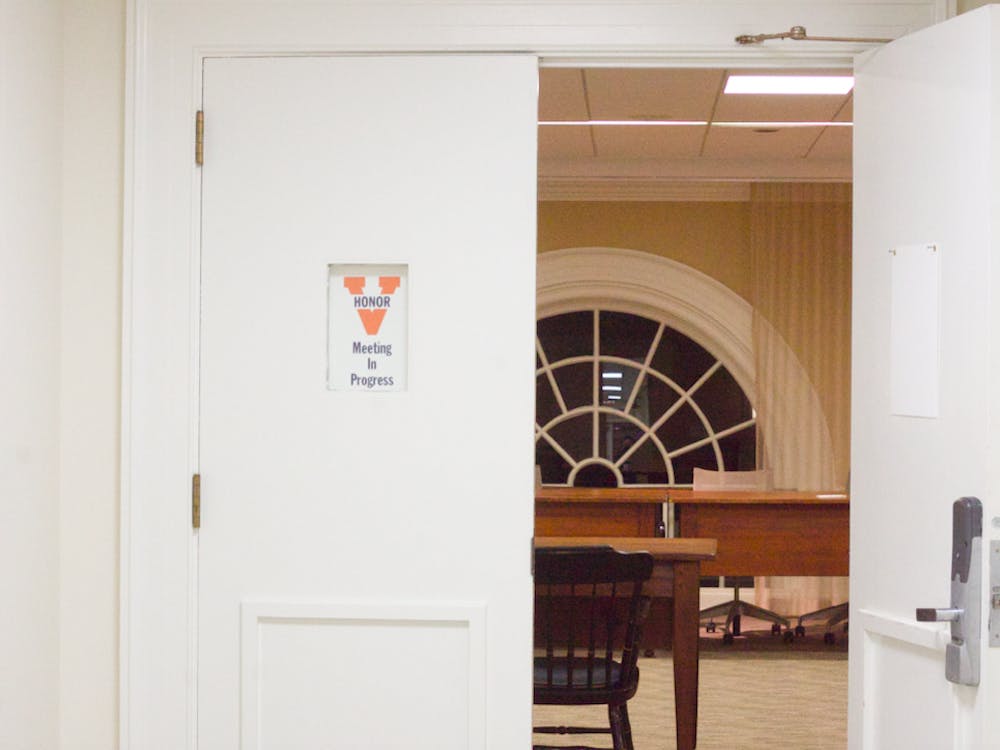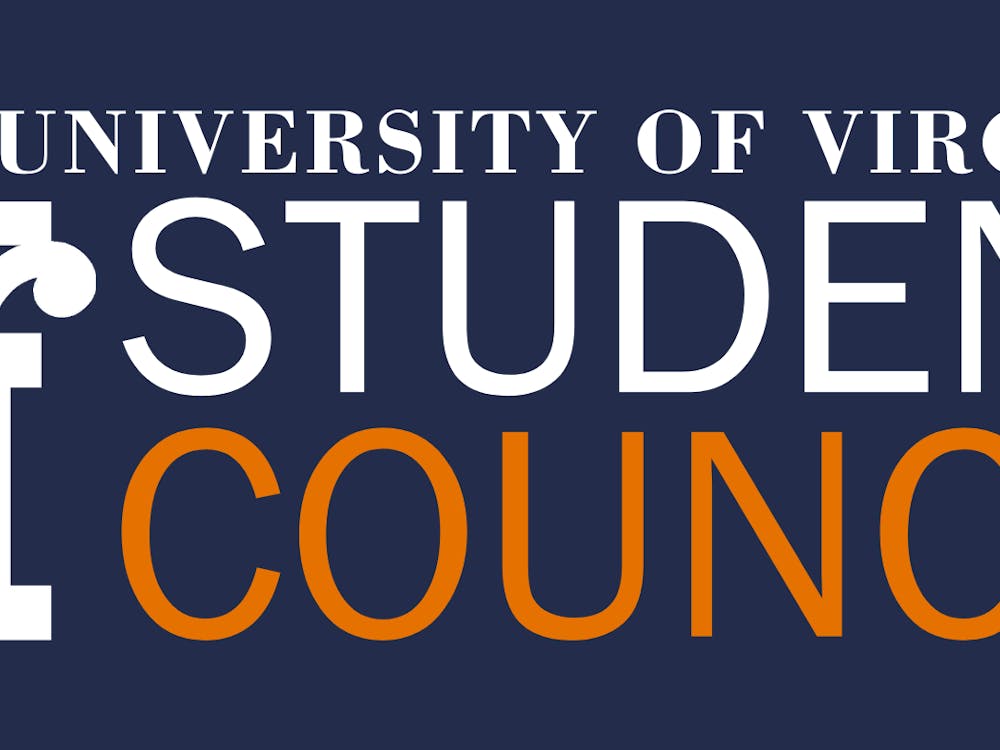Last week, my fellow Opinion columnist Alyssa Imam wrote an insightful article regarding the shortcomings of the College’s foreign language requirement. She discussed the frustration many students have with the fact the requirement is in place at all, and even more so, how the requirement is not highly rigorous and thus does not give students a valuable education in their chosen language. I agree with Imam overall, especially when she says, “If the College is going to require students who lack any desire to study languages to fill up their schedules with courses to fill this requirement… it should at least provide some level of competence in that language in return.” While addressing the inadequacies of the current system ultimately is the onus of the College, I would encourage my fellow students to look to study abroad as a way to fulfill this requirement in a more exciting, more challenging and ultimately more enriching setting than they might otherwise obtain in New Cabell Hall.
I have been studying abroad in Barcelona, Spain, since the beginning of January. Although I fulfilled my language requirement in high school with AP French, my main impetus for studying abroad in Spain was to learn and improve my Spanish. And although I had always wanted to learn Spanish, I did not want to do so in a classroom setting at the University, especially if I did not have to do so to graduate.
Yet, being immersed in a society where you are surrounded by a language you are unfamiliar with is an even mixture of exciting and terrifying, and both feelings have only served to amplify my desire to learn and master Spanish. In a classroom setting in the United States, students understandably do not feel the pressures one might feel in a country like Spain to learn the language they are studying. Immediately upon arriving in Barcelona, I realized just how hard it would be to live if I did not know at least a basic level of Spanish. When I boarded the taxi cab that would bring me from the airport to my apartment, I was unable even to tell the driver where to go. After about 10 minutes of us both looking at various maps of the city, we were able to determine where I lived. Yet, had I known how to say my address in Spanish, this situation would never have even arisen.
For me, it became clear from this that not knowing basic Spanish in Spain was going to severely impede my enjoyment of my study abroad experience. Thus, after several other mishaps during that first day alone, I made it my mission to become conversational in the language by semester’s end. This is simply not a feeling students taking a language at the University would experience. Aside from grade repercussions, if a student fails to succeed in a language in the United States it does not impede his way of life because the rest of the country speaks English. Yet this was not, and is not, a comfort afforded to me.
Being immersed in a foreign language has certainly provided me with the rigor Imam and many students agree is missing in University language classes. In my Spanish class in Barcelona, we go on field studies whenever we wrap up a unit. For instance, after learning about how to speak at a store and express likes and dislikes, my class took a field study trip to a thrift market downtown where we could practice new vocabulary while also experiencing a new part of the city. Likewise, when we learned food vocabulary, we went to one of the biggest food markets in Barcelona to practice that unit’s content while simultaneously enjoying a delicious meal with our classmates. While such activities might not equate to the 14 credits of coursework the College requires students to take, these unparalleled educational opportunities do not present themselves in Charlottesville.
Although I decided to take Spanish out of my own personal interest, I share the same concerns many of my fellow students share toward the current state of the foreign language requirement. I know of people who have applied to become Echols Scholars, which exempts you from all area requirements, for the sheer reason of avoiding language classes at the University at all costs; to me, this is a true problem that ought to be addressed.
Last school year, students studied abroad in around 80 different countries around the world, and a very small minority of these countries use English as their primary language; thus, the options for learning a language abroad are plentiful. While it is not within students’ power to change the requirement themselves, I would encourage the College to take a more proactive role in promoting study abroad as a way to fulfill the requirement. Perhaps even more so, the College could grant students multiple semesters worth of credit for taking a language abroad. Nevertheless, I would encourage students who need to fulfill this requirement to do so outside the United States because I promise that it will be a challenging, exciting and enriching experience that you simply cannot obtain at the University.
Jesse Berman is an Opinion columnist for The Cavalier Daily. He may be reached at j.berman@cavalierdaily.com.





